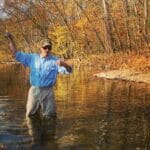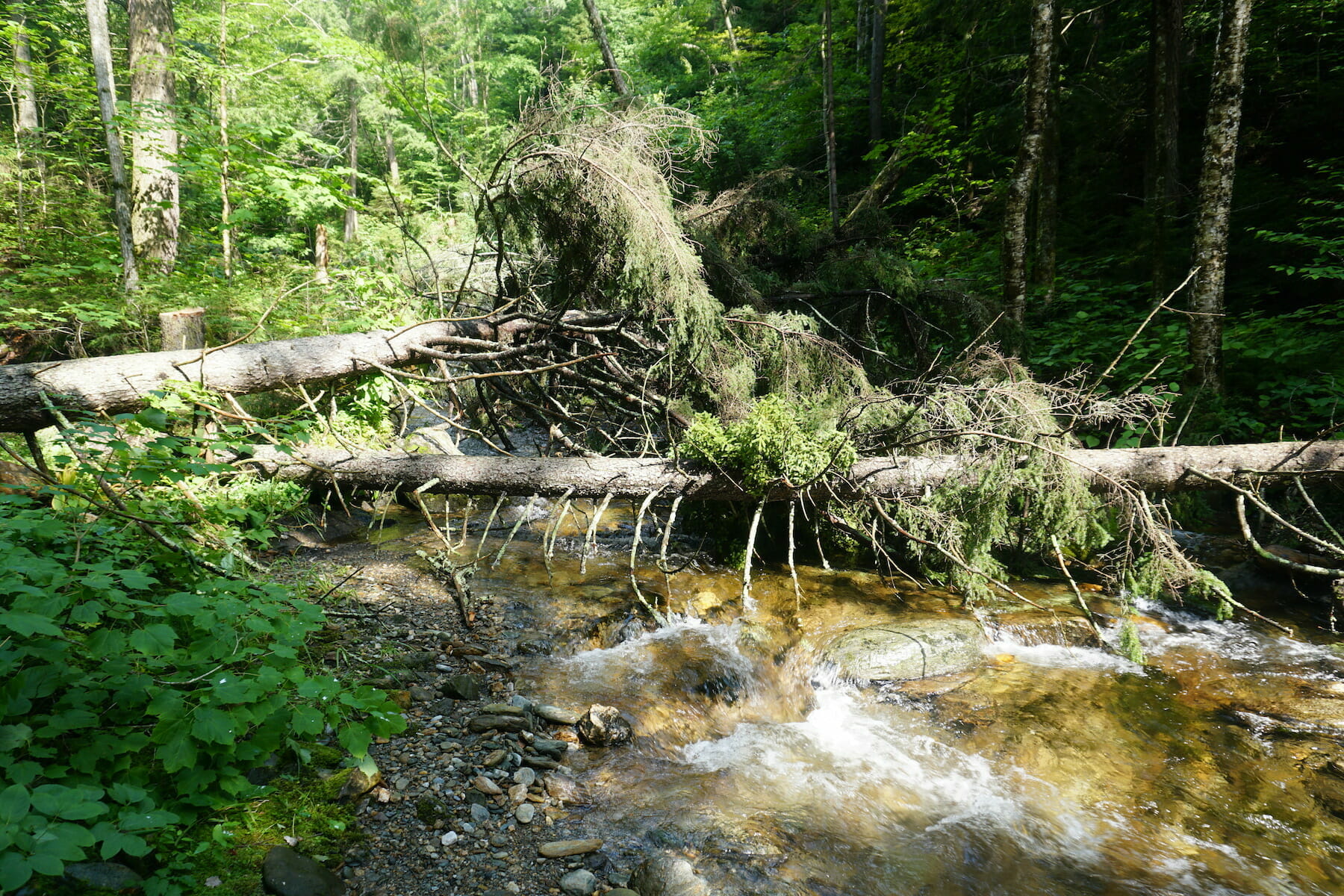“To protect and restore trout and salmon and the watersheds on which they depend.” The mission of Trout Unlimited cannot be accomplished without the help of partners. One of our most important partners is the United States Forest Service. The Forest Service manages over 191 million acres of public land that are jointly owned by all Americans.
It is difficult to overstate the importance of national forests to wild and native trout and salmon. More than 40 percent of all blue-ribbon trout streams flow across national forests. Nearly 60 percent of all native inland trout habitat in the western United States flows across national forests.
In the West and in many parts of the East, the sources of the coldest and cleanest water flow from national forests. Trout Unlimited and the Forest Service have pioneered a unique form of collaborative stewardship, one that represents the future of conservation in America. Collaborative stewardship produces jobs, partnerships, and most important, results on the ground.
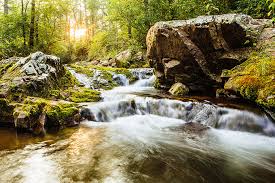
In West Virginia, on the Monongahela National Forest, the Forest Service and TU work with state and federal agencies, farmers and others to expand brook trout habitat to more than 100 miles of streams, closed over 100 miles of sediment-bleeding roads, and reconnected about 40 miles of stream.
In Idaho, we work with the Forest Service to repair the legacy of abandoned mines on the Yankee Fork, an important tributary to the fabled Salmon River.
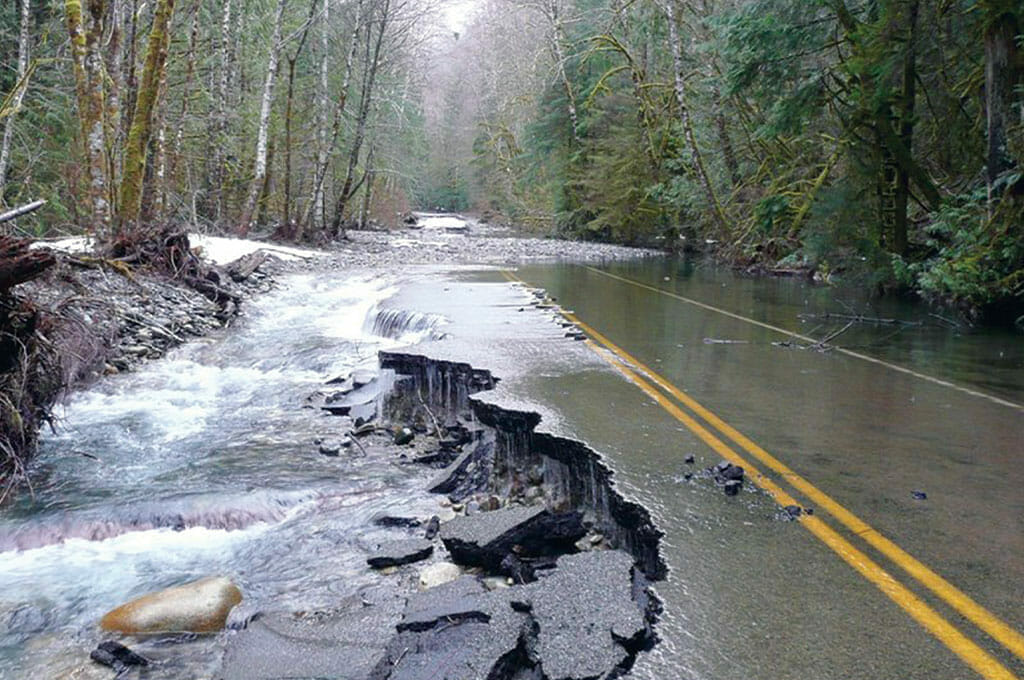
In Oregon, TU, the Siuslaw National Forest, and other state and local partners have worked on public and private land to open over 80 miles of spawning and rearing habitat for salmon by replacing perched or blocked culverts. The so-called “salmon superhighway” project is obviously important for fish. Equally important are the benefits to local communities that will be better protected from future floods.
In the next few years, Trout Unlimited, in partnership with the Forest Service and more than 1,500 other partners, will reconnect and restore a whopping 600 miles of rivers across the nation.
Of course, collaborative stewardship makes fishing for native and wild trout better. But that is an incidental benefit. These projects provide high-paying, family wage jobs in rural communities. They help to improve drinking water for millions of Americans. They drive economic opportunity.
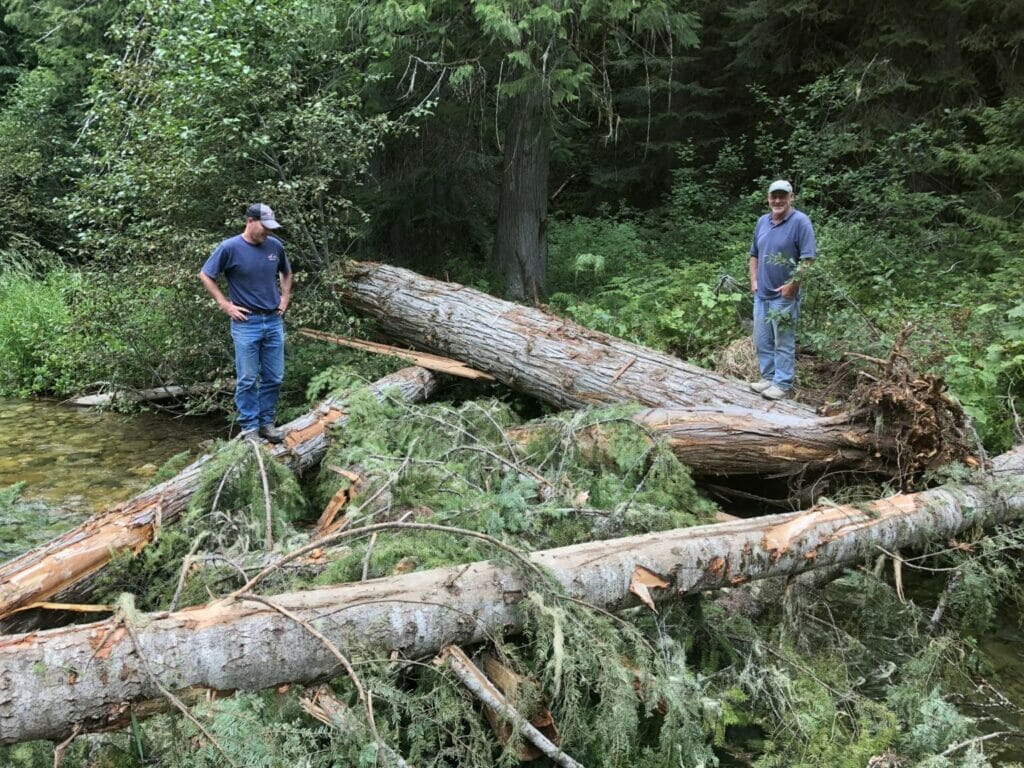
Collaborative stewardship also makes nearby communities better able to withstand the changing climate. Restoring riparian areas and floodplains on the Yankee Fork and on private lands adjacent to the Monongahela will make those communities more resilient to the effects of flood and drought. Forest thinning on forests such as the Lolo in Montana may help moderate unnaturally intense wildfires.
Trout Unlimited is proud to work with the Forest Service to bring people together to apply common sense to common problems for the common good.
Chris Wood is the president and CEO of Trout Unlimited.


